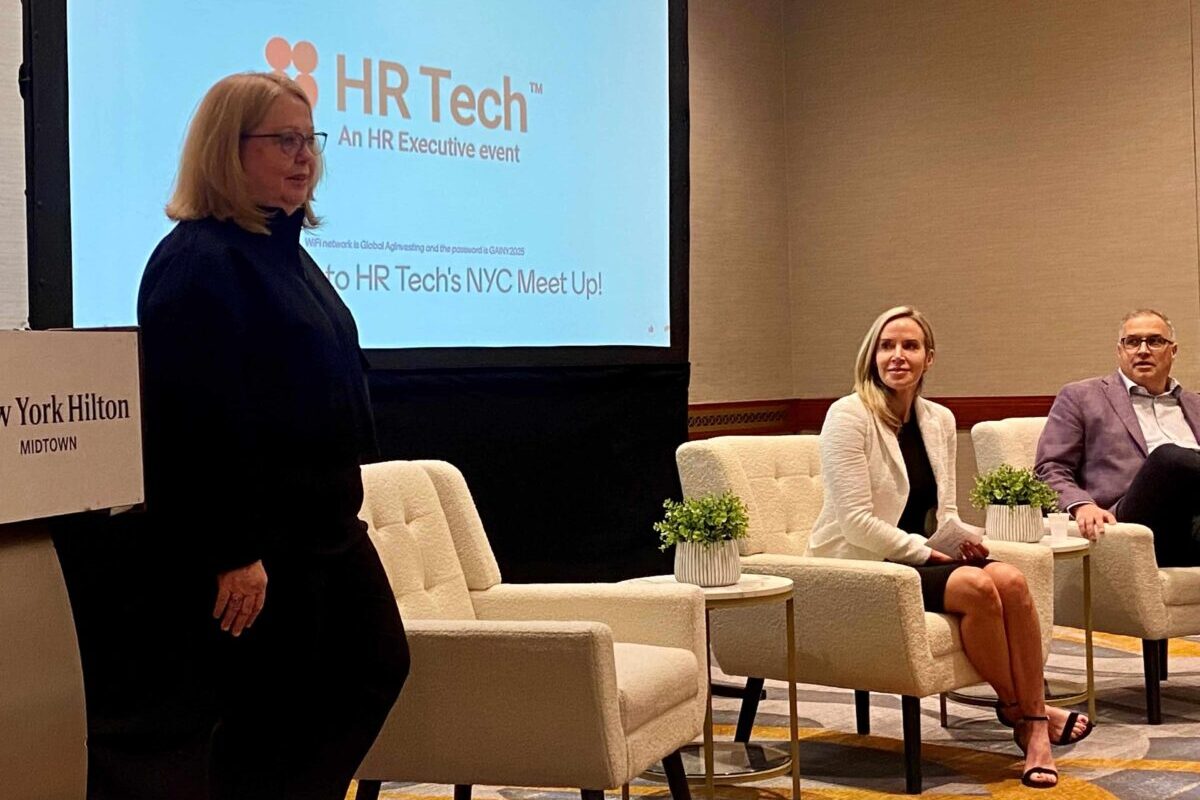Receive free UK employment updates
We’ll send you a myFT Daily Digest email rounding up the latest UK employment news every morning.
Professional women have become more likely to work full-time since the pandemic in sectors where hybrid and remote working are now standard practice, according to research based on official UK data.
Analysis of Office for National Statistics microdata by the consultancy Public First, published on Thursday, offers some of the strongest evidence yet of benefits flowing from homeworking for individuals and the wider economy.
The proportion of women in employment in the UK who work full-time has risen from 56.5 per cent in 2019 to 58.7 per cent this year. But Public First found the increase had been much bigger in sectors where many companies had adopted hybrid work policies.
In finance and insurance, the proportion of women working full-time had risen from 75 per cent to 83 per cent. In information and communication, it had risen from 79 per cent to 83 per cent and in other professional services from 68 per cent to 71 per cent.
The change was even more pronounced for mothers, with the proportion working full-time increasing by more than 10 percentage points in finance and IT.
Rachel Wolf, a founding partner of Public First, said the findings amounted to “convincing evidence that the stuff that was accelerated by Covid is really beneficial to a chunk of the labour force that has high human capital and doesn’t work as many hours as men”.
While other reasons could explain why mothers are working longer hours — including cost of living pressures or fathers taking on more childcare — the research shows a clear contrast between sectors where homeworking is easier and those where workers still need to be largely on site.
In lower-paid fields, there was also a big increase in the proportion of women on full-time hours in administrative and support services, where remote work is common. By contrast, there was a sharp drop in hospitality, where labour shortages have forced many employers to offer more family-friendly shifts.
The boost to women’s working hours is all the more important given the extent to which the UK’s overall workforce has shrunk since the pandemic.
ONS data published this week showed the proportion of working-age adults who were neither in a job nor looking for one had ticked up to 21.1 per cent in the latest three-month period, with a record 2.6mn saying ill health stopped them working.
However, gains in female employment could be at risk if employers seek to roll back hybrid working policies as the labour market weakens and staff become less able to demand flexibility.
Public First’s analysis fed into a broader report published on Thursday by the Hybrid Work Commission, a group tasked with advising ministers on how to maximise the benefits of post-pandemic working practices.
The commission found that three-quarters of hybrid workers felt it improved their work-life balance, and 70 per cent of those with children under 18 said it made juggling their responsibilities easier.
However, a majority of employers operating with hybrid work arrangements were not convinced they boosted productivity.
The commission said this “perception gap may be enough to stunt British businesses’ ability to maximise the benefits of hybrid and remote work”.
Ministers have given mixed messages on homeworking, at some points urging staff to return to the office for the good of younger colleagues and city centre economies, while more recently invoking the availability of remote work as a justification for cutting eligibility for sickness benefits.
Credit: Source link











